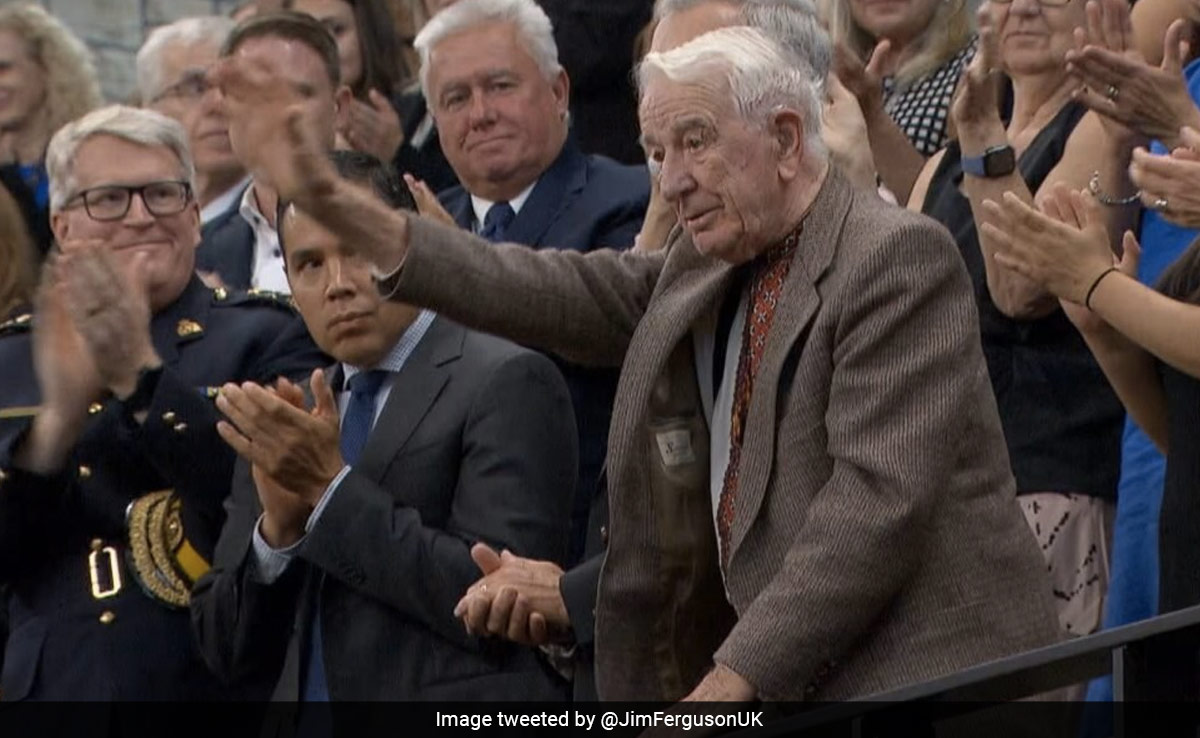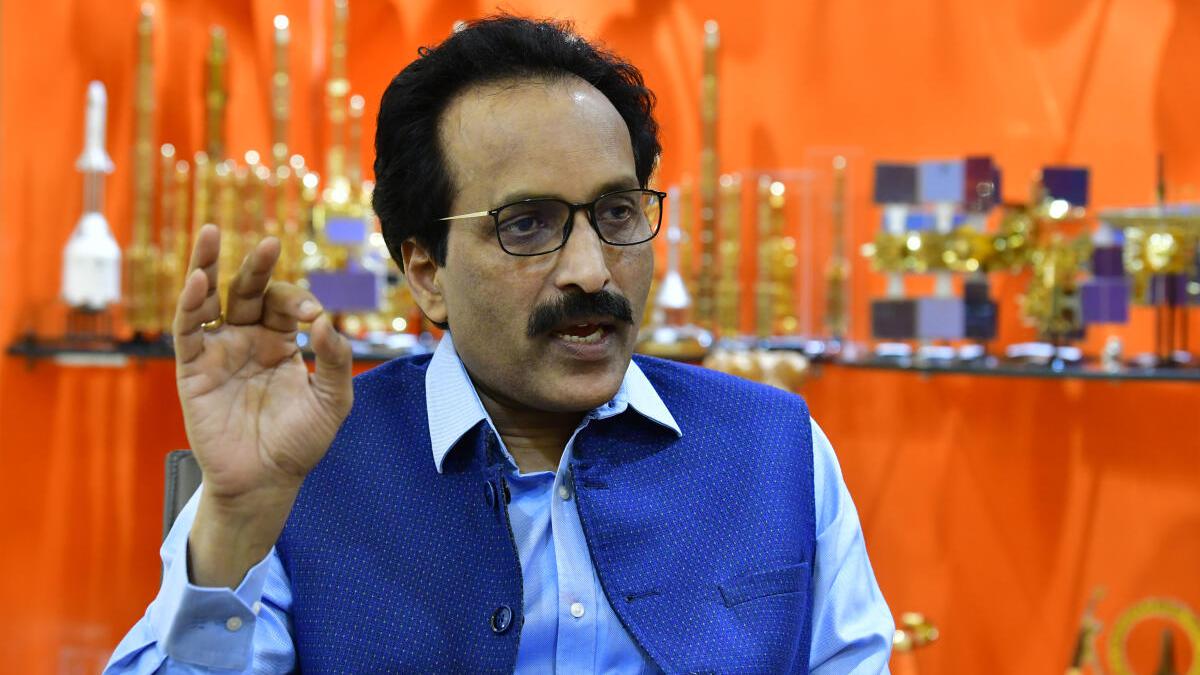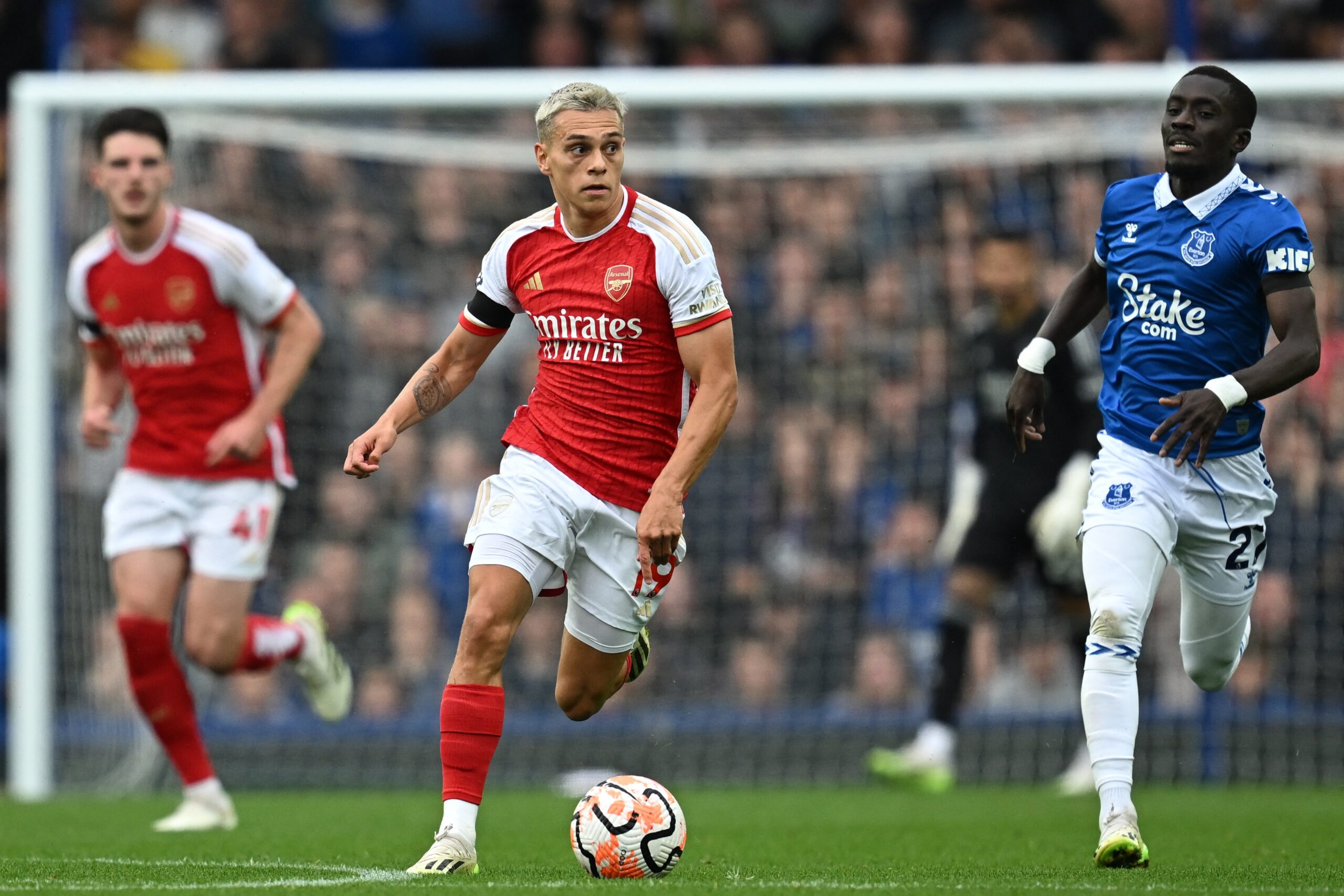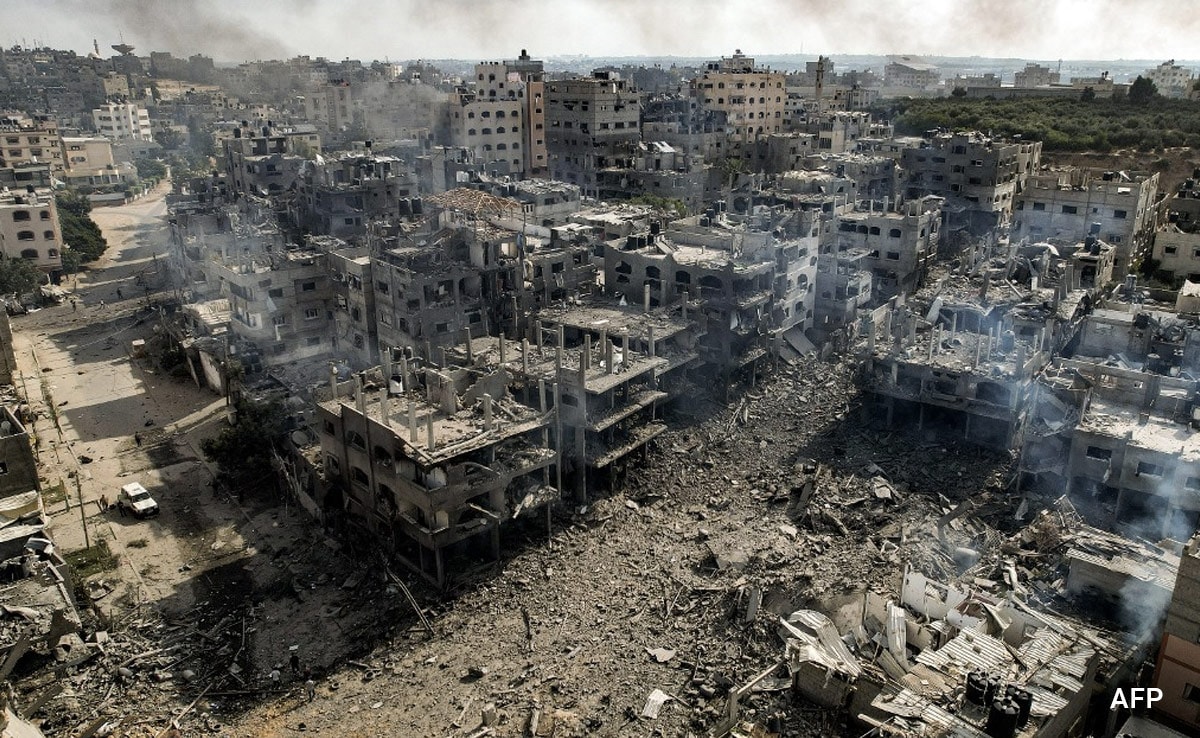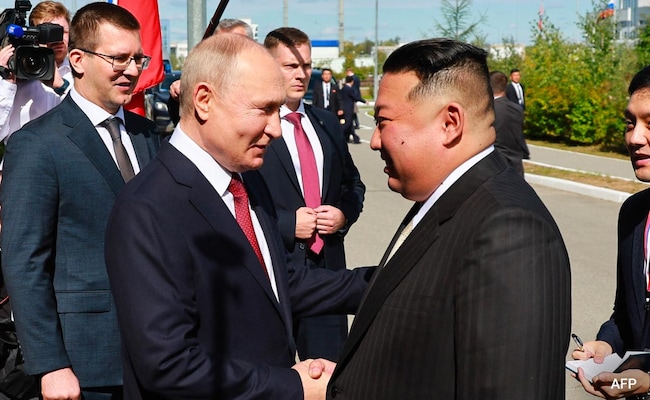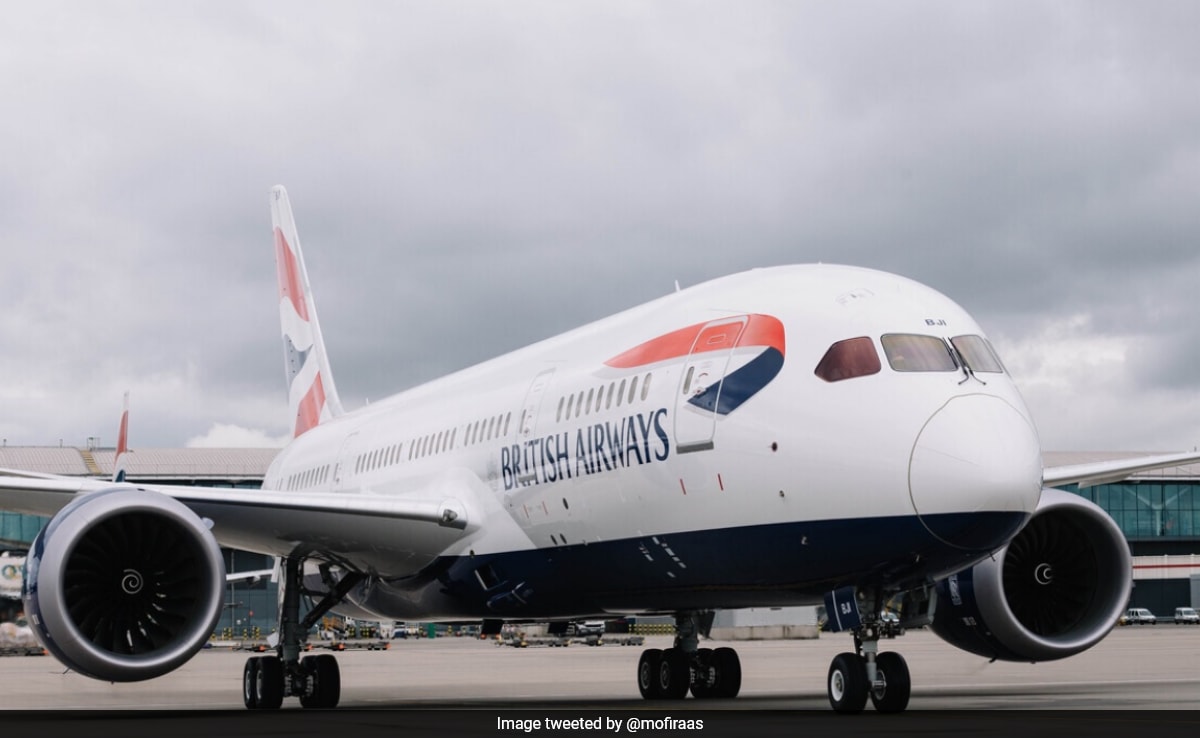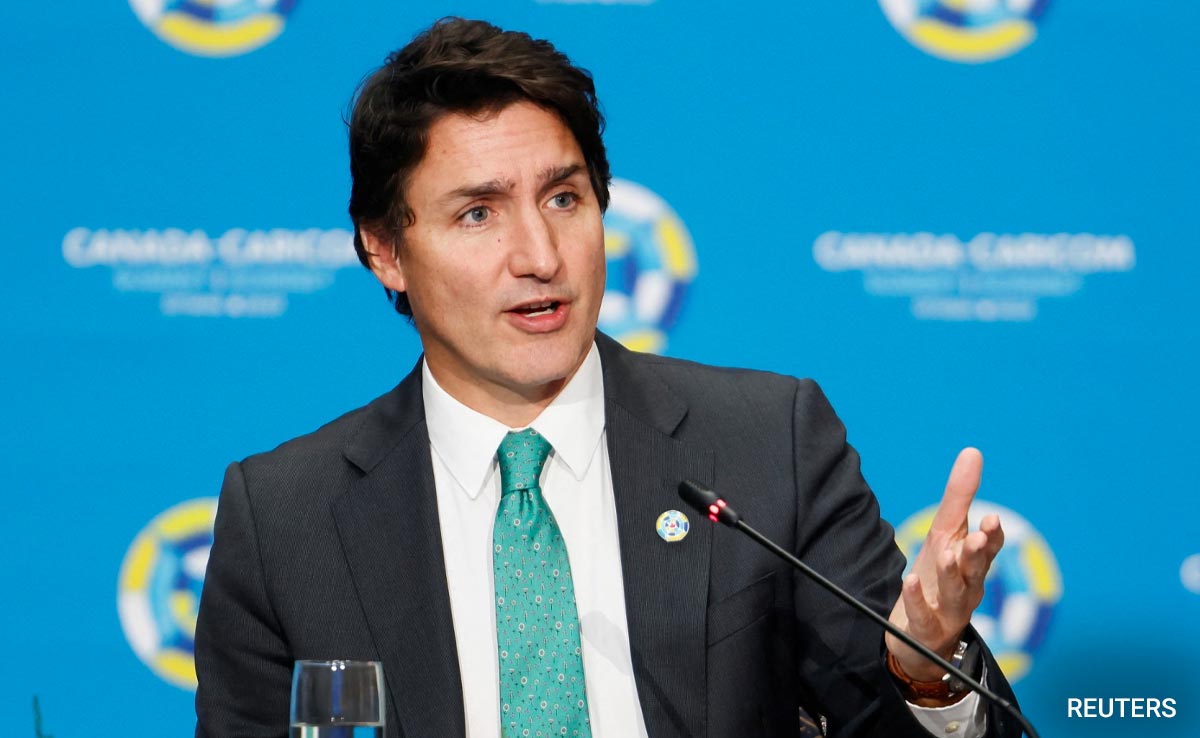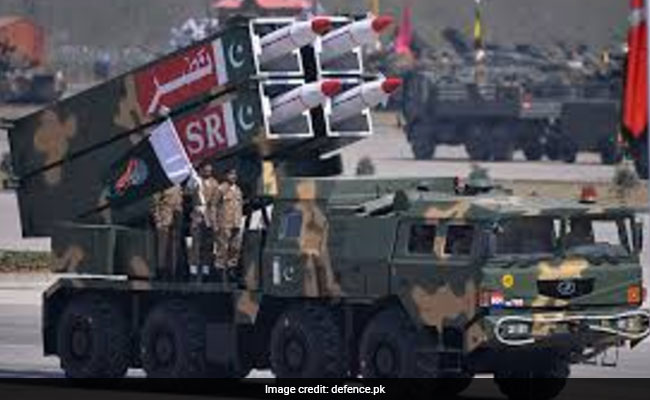The death of a Sri Lankan naval sailor has brought a long-persisting fisheries conflict between India and Sri Lanka into the spotlight. File
| Photo Credit: L. Balachandar
Sri Lanka’s Ministry of Foreign Affairsrecently summoned an official from the Indian High Commission in Colombo and voiced concern over the death of a naval sailor, who was part of a patrol unit that seized an Indian fishing vessel.
A senior Foreign Ministry official handed over a formal note to the Indian diplomat, on the issue of persisting Illegal, unreported and unregulated (IUU) fishing, especially the bottom-trawling method, and “indiscriminate poaching by Indian fishermen in Sri Lankan waters”, according to a news report published in the Colombo-based Sunday Times newspaper.
Also read: Net damage: On the fisheries dispute, India and Sri Lanka
An official source told The Hindu that the Indian official was summoned to the Ministry on Friday.
“It was mainly to convey concern from the Sri Lankan side,” the source said, requesting anonymity.
The issue was reportedly raised in New Delhi too, when Sri Lanka’s High Commissioner to India Kshenuka Senewiratne called on External Affairs Minister S. Jaishankar on June 25.

In the wee hours of the same day, a sailor from the Sri Lankan Navy was killed in an operation targeting Indian fishermen and their fishing vessel off Kankesanthurai in the Jaffna peninsula, in the island’s nation’s Northern Province. However, neither official mentioned discussing this in their updates on the social media platform ‘X’ soon after the meeting.
In a media statement last week, the Sri Lankan Navy attributed the fatal mid-sea incident to “aggressive manoeuvres of an Indian trawler” that “resisted” apprehension by the patrol unit.
As many as 10 Indian fishermen, seven from Nagapattinam, one from Cuddalore in Tamil Nadu, and two others from Andhra Pradesh, were arrested on charges of illegal fishing. Their fishing trawler was confiscated.
Long-persisting conflict
The development has brought the long-persisting fisheries conflict in the Palk Strait back into the spotlight. Disregarding the relentless demand of Sri Lanka’s northern fishermen that their Indian counterparts stop using the destructive bottom-trawling method of fishing, the fishermen from India have continued with the practice for years.
Also read:The Palk Bay fisheries conflict: A tale of competing livelihoods and a depleted catch
Meanwhile, northern Sri Lankan fishermen have blamed the governments of Sri Lanka and India for failing to work out a durable solution to the enduring problem, which has put their livelihoods under severe pressure.
They have also been demanding the resumption of talks between representatives of fishermen’s organisations from both sides.
“Both governments have a responsibility in implementing the agreement reached by both sides in 2016 when the Foreign Ministers of both countries met in Delhi. They agreed to end the practice of bottom-trawling at the earliest. Instead of taking that effort forward, some actors are trying to politicise this issue,” said Annalingam Annarasa, who leads a Jaffna-based fisheries cooperative society.
Also read: Also read: It is crucial to resume talks with Tamil Nadu counterparts, say northern Sri Lankan fishing community leaders
Following the 2016 bilateral meeting and agreement India and Sri Lanka set up a Joint Working Group to resolve the problem of Indian fishermen frequently facing arrest for illegal fishing in Sri Lanka’s territorial waters. The Group last met in 2022.

